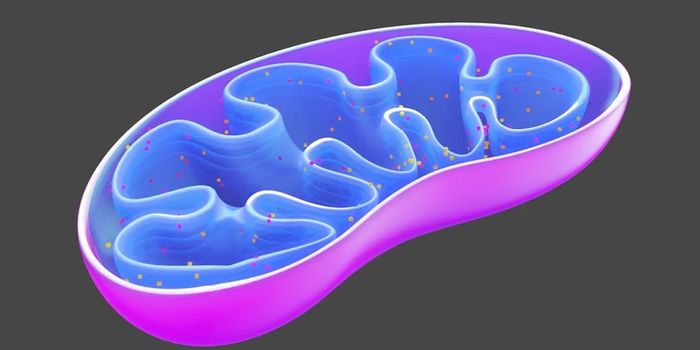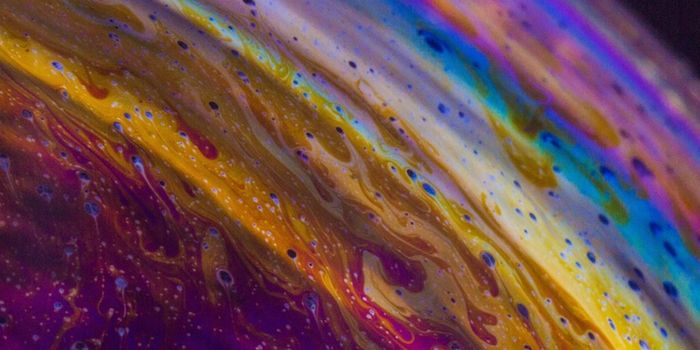Gene Therapy Trial for Severe Immune Disorder is Successful
There are several different forms of severe combined immunodeficiency, which virtually eliminates a patient's immune system, and severely affects their quality of life. For children with the disorder, even normal, day-to-day activities can lead to life-threatening infections. Researchers have been developing gene therapies to treat SCID. Now, scientists have developed a gene therapy for SCID due to adenosine deaminase deficiency, or ADA-SCID. Untreated cases of ADA-SCID are often fatal within two years of age. In trials at several sites, 50 children with ADA-SCID were treated with the therapeutic, and it was successful in 48 of them. The work has been reported in the New England Journal of Medicine.
ADA-SCID is caused by mutations in the gene that encodes for an enzyme called adenosine deaminase, which is crucial to a functional immune system. In the treatment, stem cells in the bone marrow, which form immune cells, are taken from patients. These cells are modified in the lab by exposing them to non-pathogenic viral material called a lentivector, which is derived from a lentivirus that can bind to a host cell and releases its genetic material inside. But the lentivector does not cause harm, it carries a functional copy of the patient's mutated gene. The genetic material goes to the patient cell's nucleus and integrates into the genome. The modified cells are returned to the patient, where they are meant to generate healthy immune cells that can fight infection.
"Between all three clinical trials, 50 patients were treated, and the overall results were very encouraging," said co-lead study author Dr. Donald Kohn, a distinguished professor of microbiology, immunology, and molecular genetics at UCLA. "All the patients are alive and well, and in more than 95 percent of them, the therapy appears to have corrected their underlying immune system problems."
There weren't any complications or problems that limited treatment during the trial. Most of the adverse events were mild or moderate and related to the preparatory procedures, and not the gene therapy itself.
"Treatment was successful in all but two of the 50 cases, and both of those children were able to return to current standard-of care-therapies and treatments, with one eventually receiving a bone marrow transplant," said Kohn, who has been investigating blood diseases and potential gene therapies for 35 years.
Right now, children with ADA-SCID have to get injections of the ADA enzyme once or twice a week until a suitable bone marrow donor is identified; it usually has to be a close family member. If one is not found, the patient has to undergo those injections for the rest of their life along with taking many other medications. This gene therapy could be a one-time procedure.
"If approved in the future, this treatment could be standard for ADA-SCID, and potentially many other genetic conditions, removing the need to find a matched donor for a bone marrow transplant and the toxic side effects often associated with that treatment," said co-lead study author Dr. Claire Booth of Great Ormond Street Hospital.
Ten of the patients in this study were treated after the cells had been frozen and modified, suggesting that children with ADA-SCID could have cells collected locally and processed elsewhere. That could eliminate the burdensome need for patient travel to specialist centers.
Sources: AAAS/Eurekalert! via University of California - Los Angeles Health Sciences, New England Journal of Medicine









